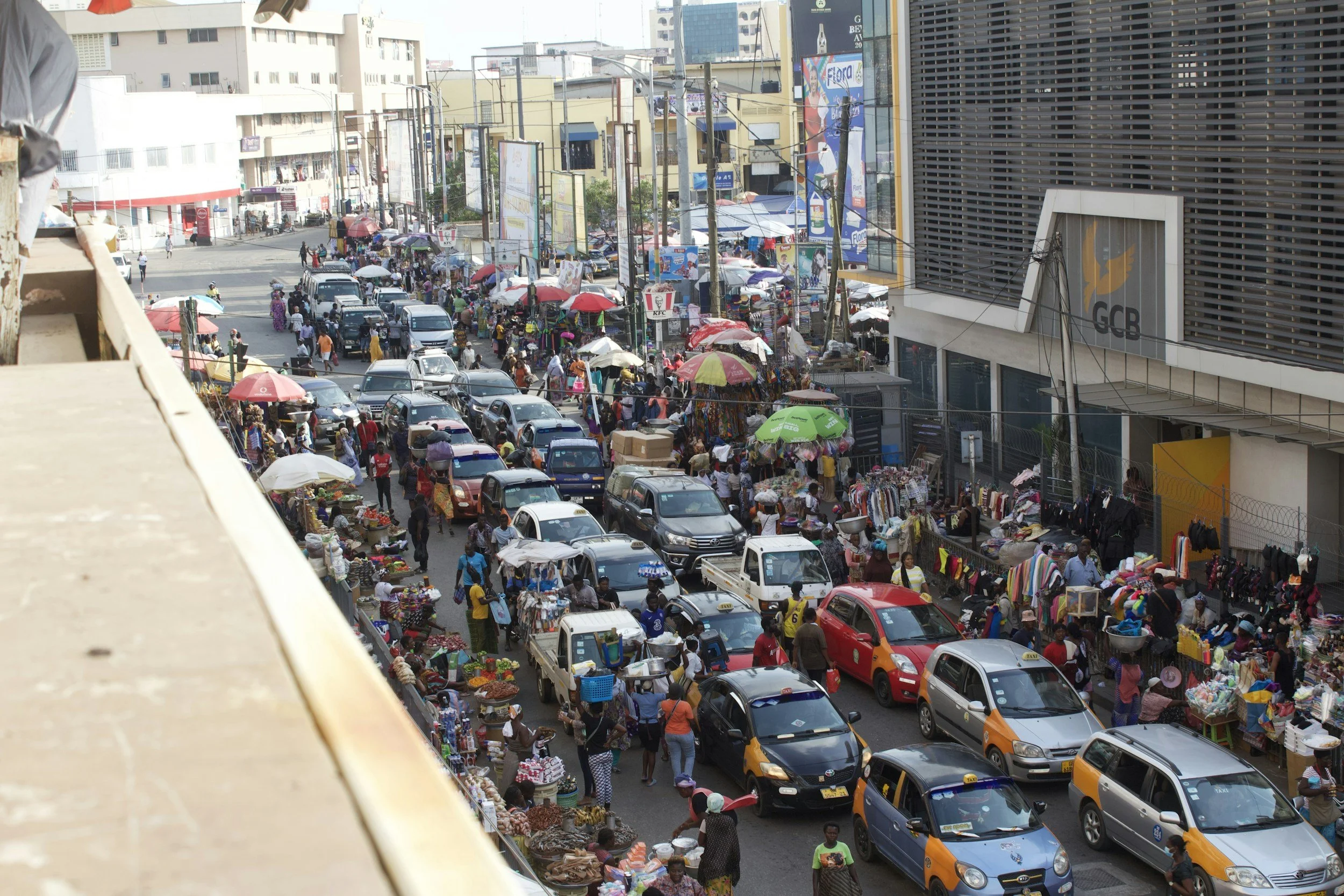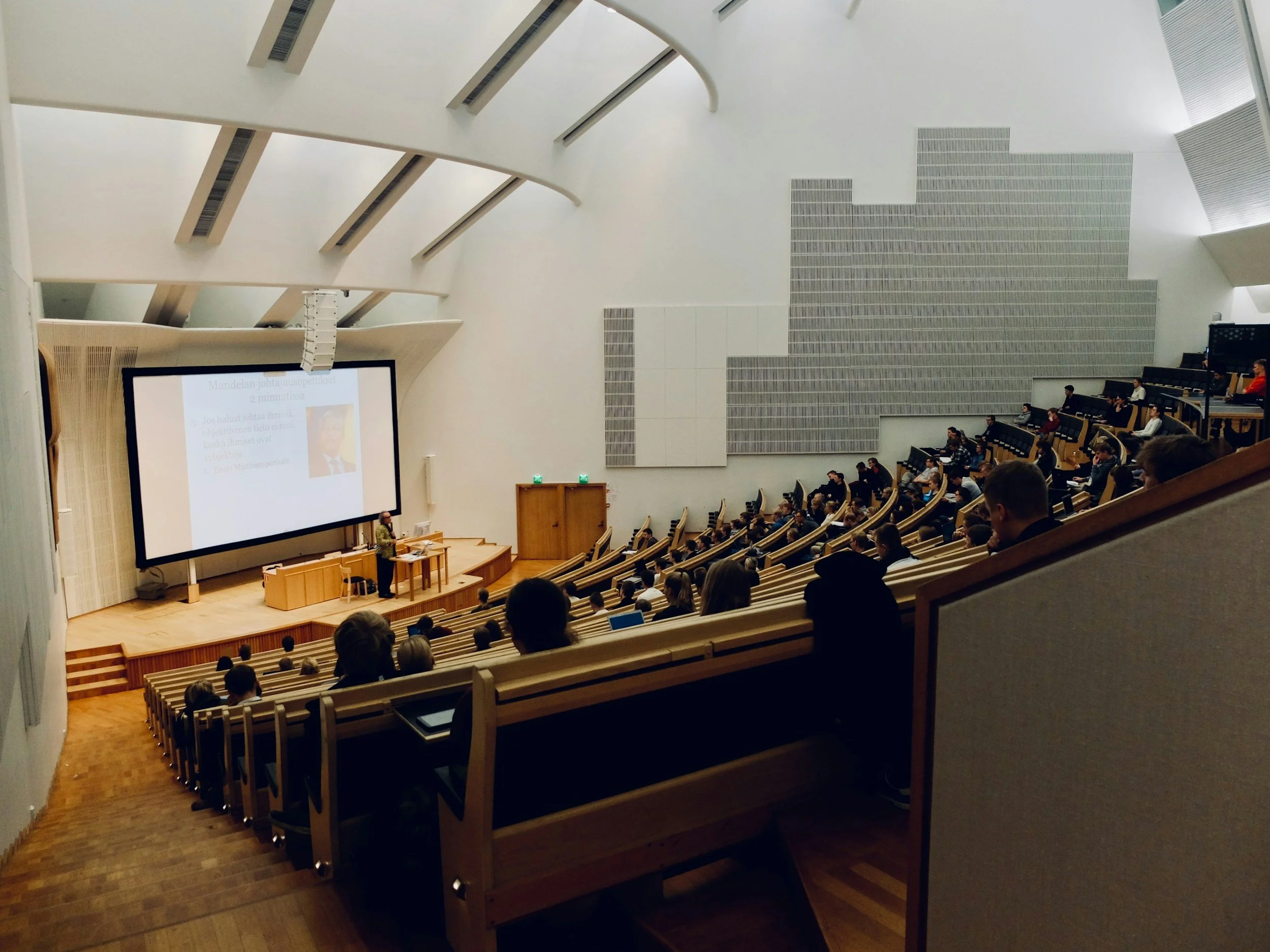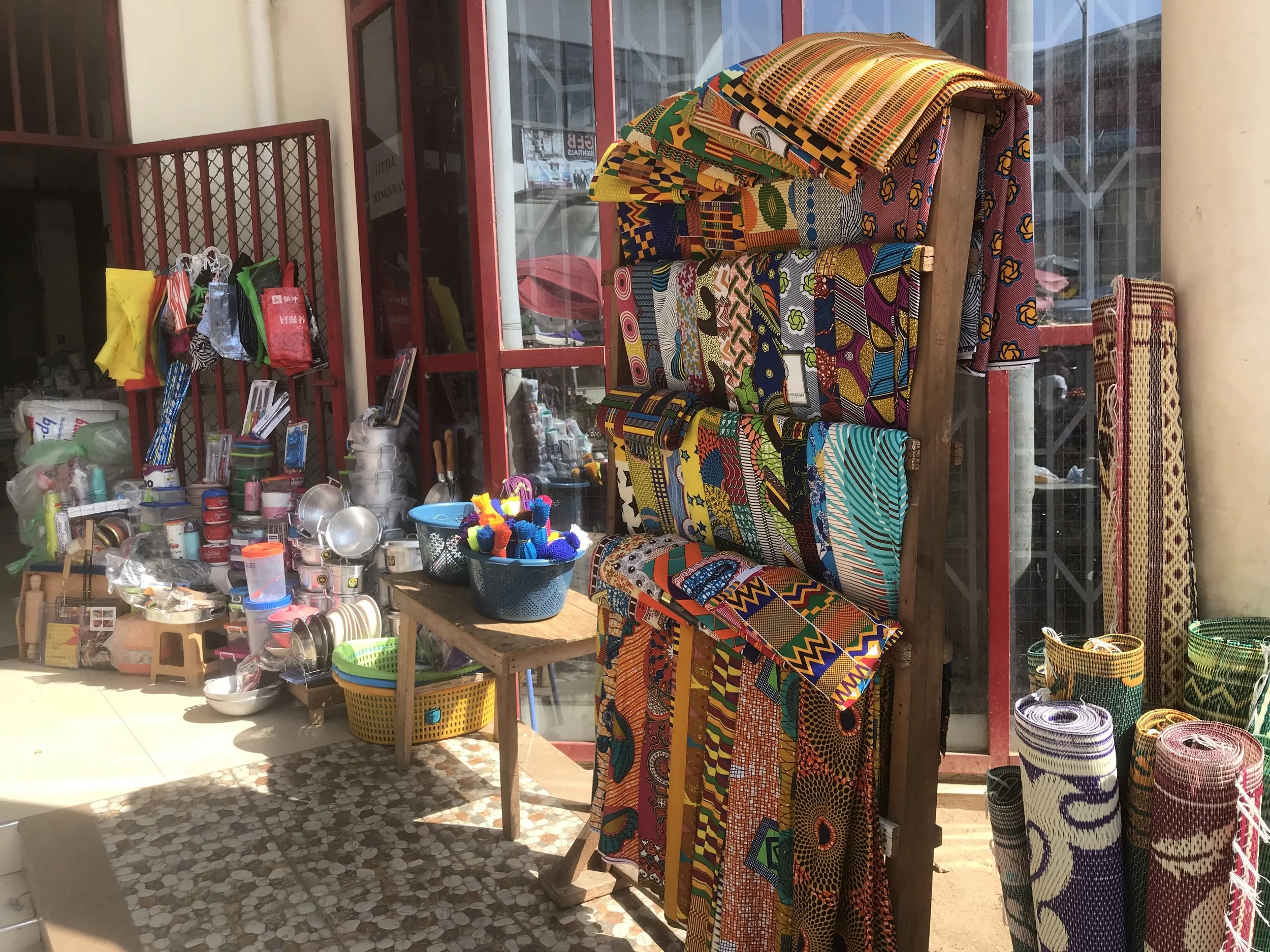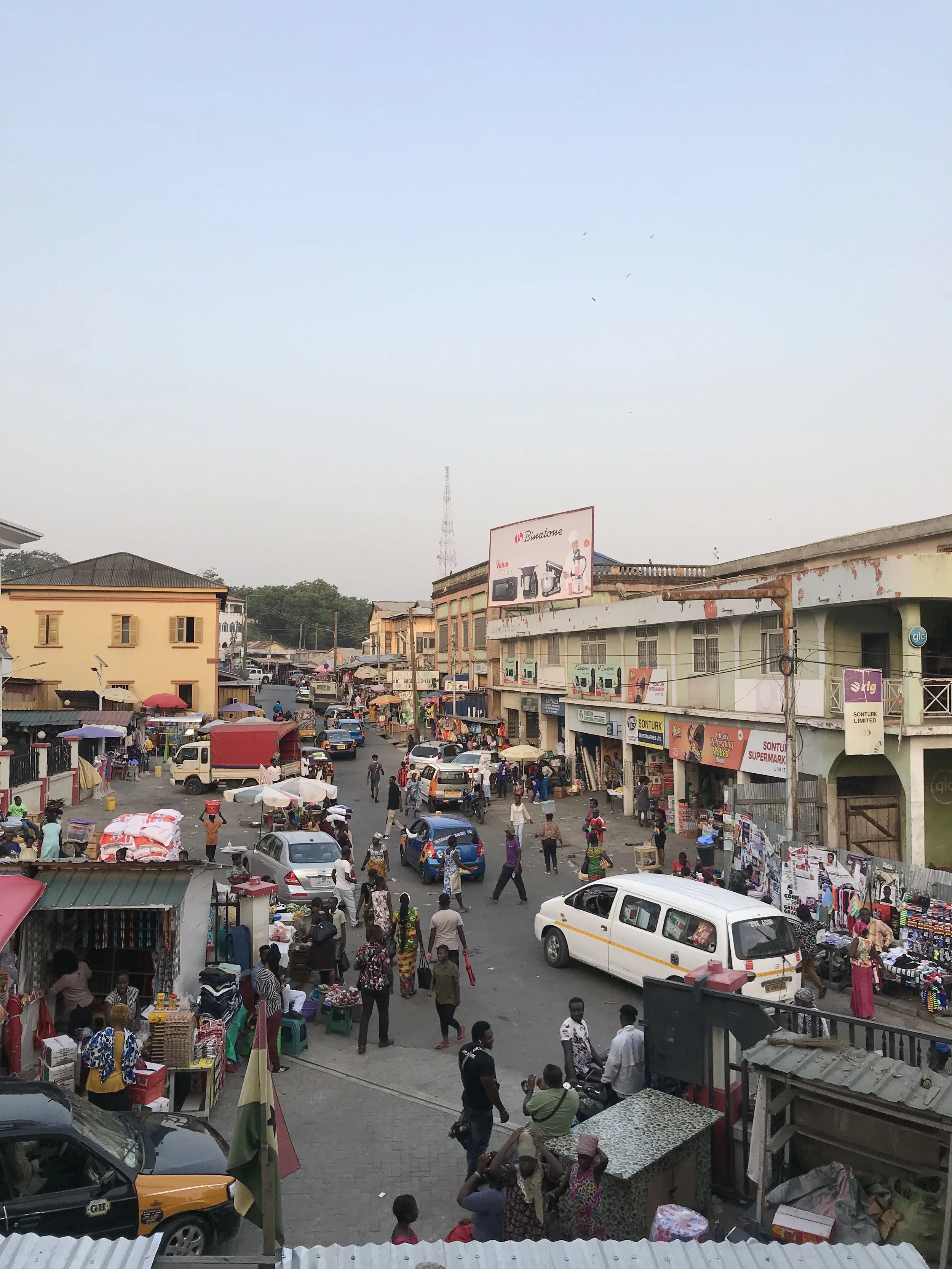
Teaching
Creating a lively and interactive classroom environment is a community effort. My teaching philosophy is rooted in connection and adaptability, critical components of fostering equity in the classroom. Maintaining an open dialogue with students and treating them as equal stakeholders in the learning process is central to my commitment to justice, equity, and antiracism.
Courses
-

Introduction to Urban Studies
More than half of the world's population now calls cities home, yet the ways people create and experience urban life vary dramatically across the globe. This survey level course explores the emergence of urban studies as a discipline as well as the fundamental characteristics that define urban places.
The course covers key topics including urban planning's role in shaping city development, economic structures that drive urban function, the evolution of urban culture and community organization, neighborhood development and gentrification processes, and the governance systems that manage urban and suburban areas.
Students will engage with core concepts, definitions, and theories essential to urban studies through examination of cities from around the world. By the end, students will have developed a comprehensive understanding of how cities work, why they matter, and how urban experiences differ across cultural, economic, and geographic contexts.
-

Urban Ethnography
Ethnography is a qualitative research method that involves naturalistic observation and interaction. Its goal is to produce richer understandings of people, practice, culture, and place by observing and textualizing the kinetic motion of everyday life. Although, ethnographic methods were first deployed by anthropologists in isolated communities, the craft has developed substantially becoming one of the most powerful research methods for exploring a variety of dynamic multilayered urban phenomena.
This methods course introduces students to urban ethnographic research and writing and their intrinsic value to understanding everyday urban life across the globe. By reading and analyzing a broad array of ethnographic work from diverse scholars across the world, and experimenting with ethnographic methods at home, students gain a better understanding of the purpose, practice, and potential of ethnography. This course also contains an innovative unit on Ethnography in the Age of AI.
-

Global Cities
This seminar style course introduces students to ideas around the category of “global cities” and encourages them to think critically about urban and metropolitan processes and categories. Through our readings and discussion, we examine the complex interactions between cities in our increasingly interconnected world. We explore the concept of "global cities" or "world cities" and investigate how urban spaces across the globe are shaped by and connected through social, spatial, political, and economic processes.
During the semester, we interrogate both theoretical and empirical dimensions of debates around “global cities” and analyze case studies from diverse urban contexts around the world. We assess multiple facets of globalization: economic, political, cultural, and environmental. In addition, we hope to examine how urban spaces are constructed, used, and transformed, with particular attention to issues of social justice and inequity. And most importantly, explore the lived experiences within global cities, including resistance and vibrant community life in the face of challenges.
-
African Urbanism
According to the UN-Habitat, more than half of people on the African continent live in cities, and the number grows every day. As sites of unprecedented in-migration, urban Africans organize and navigate their urban lives in many creative ways. This seminar-style course explores city-making beyond the realm of government planning initiatives, through the culture, practices, and politics of everyday life as lived by African urban dwellers.
Students read ethnographic work from contemporary African cities and explore alternative cultural texts such as film, photography, and social media representations to better understand cosmopolitan African life today. Students also learn to produce interactive digital presentations using the ArcGIS StoryMaps platform to share the urban narratives they discover and highlight vernacular placemaking practices in African cities.
-

Urban & Architectural Theory
In this advanced seminar we examine the city through the eyes of social theorists, geographers, anthropologists, sociologists, historians, and architectural theorists and practitioners with a special focus on the evolution of urban thinking from Frankfurt School scholars to the postcolonial urban turn. This course requires careful and thorough reading, which we will discuss and debate in our virtual class meetings.
This course is also structured around research and writing from scholars and practitioners working around the globe. Throughout the course we explore a variety of social, spatial, and cultural debates at the heart of Architecture and Urbanism and look at how these issues translate across the globe. The goal is build reading, interpretation, and analytical skills through the exploration of the city as a subject, object, and as an ever-changing theoretical concept.
-

Additional Courses
- Introduction to Cultural Anthropology
- Introduction to Urban Sociology
- History of Architecture & Urbanism
- Introduction to GIS
- Urban Research Methods
- DIY Urbanism
- History & Theory of Urban Planning
- Community-Engaged Research & Service Learning
Feel free to contact me for detailed course descriptions and sample syllabi.

